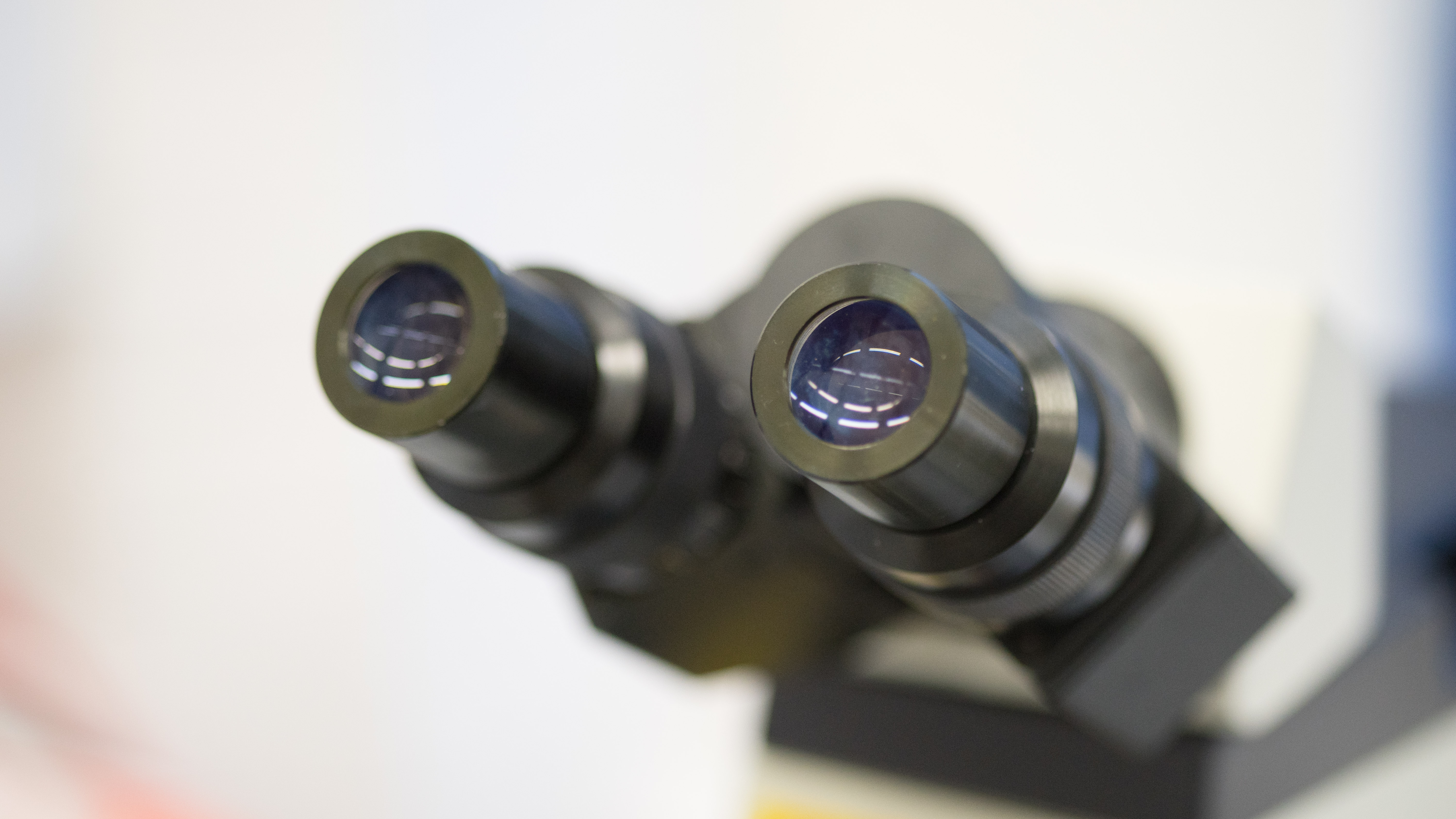Trinity has purchased 17,038 live animals for use in research between October 2016 and September 2018 for use in biomedical studies, with a drop of nearly 40% in the number of animals purchased in 2017/2018 compared to the previous year.
Records released to Trinity News under the Freedom of Information Act 2014 show that College purchased 10,678 live animals for use in research projects between October 2016 and September 2017. This fell to 6,360 during the same period in the 2017/2018 academic year, a drop of just over 40% in one year.
The number of animals purchased has significantly decreased since Trinity came under fierce criticism two years ago following a report from the Irish Independent which revealed that College had purchased 110,000 live animals for research purposes between 2012 and 2016.
The revelation rekindled discussion on the ethics of using animals in scientific research, with Trinity attracting criticism from animal rights’ groups. Irish author John Banville described Trinity’s use of animals in research “absolutely disgraceful” in a segment on RTÉ Radio One.
Banville suggested that animals should be replaced by humans in the experiments, asking: “If the animals don’t suffer, well, why don’t they volunteer themselves? It would be much better to have a human being to experiment on than an animal.”
In comparison, 17,038 live animals were purchased for research between October 2016 and September 2018, with a drop of 4,318 in the number of animals purchased from the 2016/2017 to 2017/2018 academic years.
College claims its use of animals in studies is “in keeping with the practice of all Irish universities and leading universities worldwide”.
Speaking to Trinity News, Chair of DU Vegan Society Nicky Pochinkov told Trinity News that he feels it is “truly awful that so many animals are still being used in this way”.
“Based on strong concerns for unreliability and on its cruelty, I completely disagree with it,” Pockhinkov said. “It is good that the numbers are decreasing, and I know there is a lot of legislation on animal testing [that] may make change difficult, but things need to change.”
Pochinkov stated: “From my understanding, it is sometimes necessary to have animal testing trials to allow the release of some drugs, and although Ireland has relatively stringent laws with regards to animal welfare protection and giving rights to allow animal testing, it’s not right to downplay and diminish the emotions, pain and suffering of the animals.”
“It is appalling that they are continuing to suffer, yet is still so rarely talked about, so more needs to be done about it,” he added.
A zoology student in Trinity told Trinity News that live specimens are “crucial” for research as they “can give insight that no current computer simulations can”.
“For biomedical research that involves animal experimentation, the animals are sometimes harmed and can die during experiments. These experiments can often lead to treatments for diseases like Alzheimer’s, Arthritis and even cancer,” the student continued.
However, he noted that “with new emerging technologies such as Harvard’s ‘organs-on-chips’, human cell-derived tissue models and powerful computer simulations, it seems that the need for animal testing is decreasing rapidly”. The student argued that because alternative methods can “often cost considerably more than using live animals”, it should be “down to the organisations who fund research to facilitate these cruelty-free methods”.
Speaking to Trinity News, a spokesperson for College stated: “Animal studies are conducted only when they will contribute to the advancement of knowledge that is likely to lead to the improvement of the health and welfare of animals and human beings.”
College requires researchers to prove that that there are no alternatives to the use of animals for the study before the procedure is permitted, according to the statement.
“All studies carried out in Trinity are conducted on the basis of well-defined scientific objectives, giving due consideration to the welfare of the animals, minimising the number of animals used and, where possible, using animal tissue or other replacements rather than live animals,” the spokesperson continued.
The animals are used in ongoing biomedical research projects investigating human diseases, such as the cause of Alzheimer’s disease and age-related memory loss.
Research in Trinity into autoimmune diseases such as arthritis, multiple sclerosis, allergic lung and skin inflammation and inflammatory bowel disease also use animals in the course of investigation.
Other research projects which involve the use of animals include studies on gene therapies, the genetics of disease, and therapies for arthritis.
Data on the number of live animals purchased for research in the 2018/2019 academic year are not yet available.






